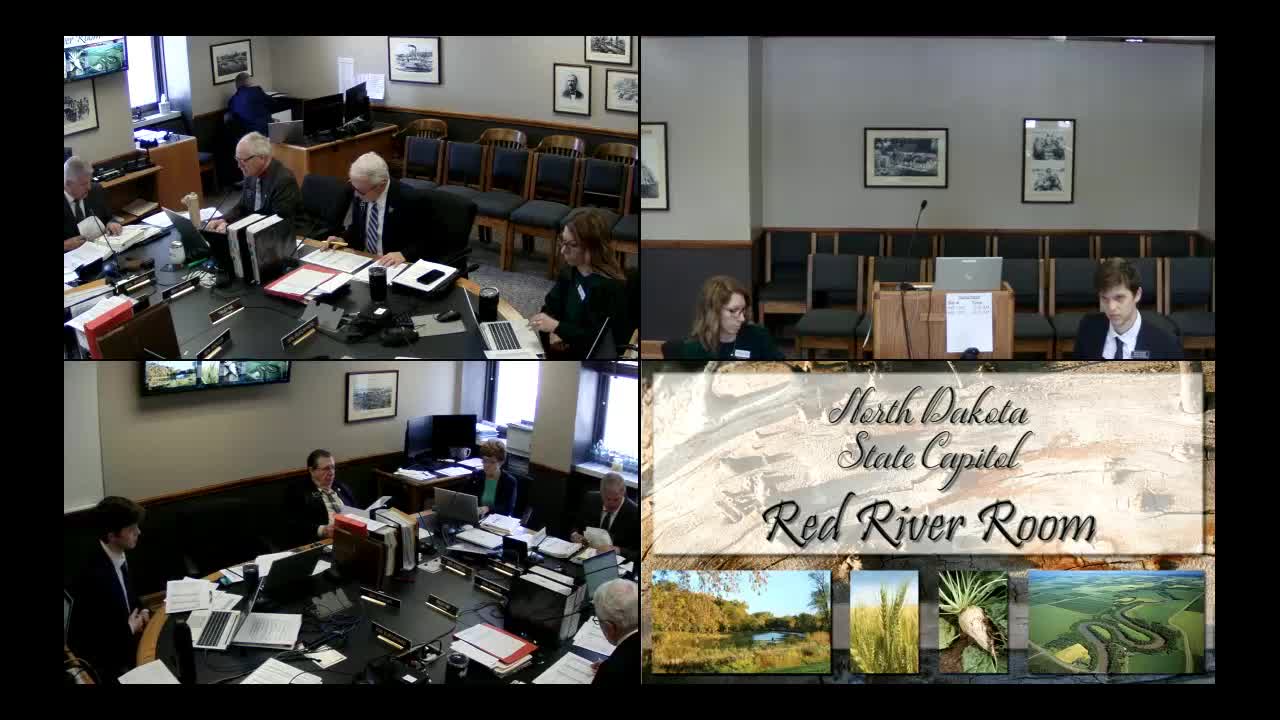Article not found
This article is no longer available. But don't worry—we've gathered other articles that discuss the same topic.
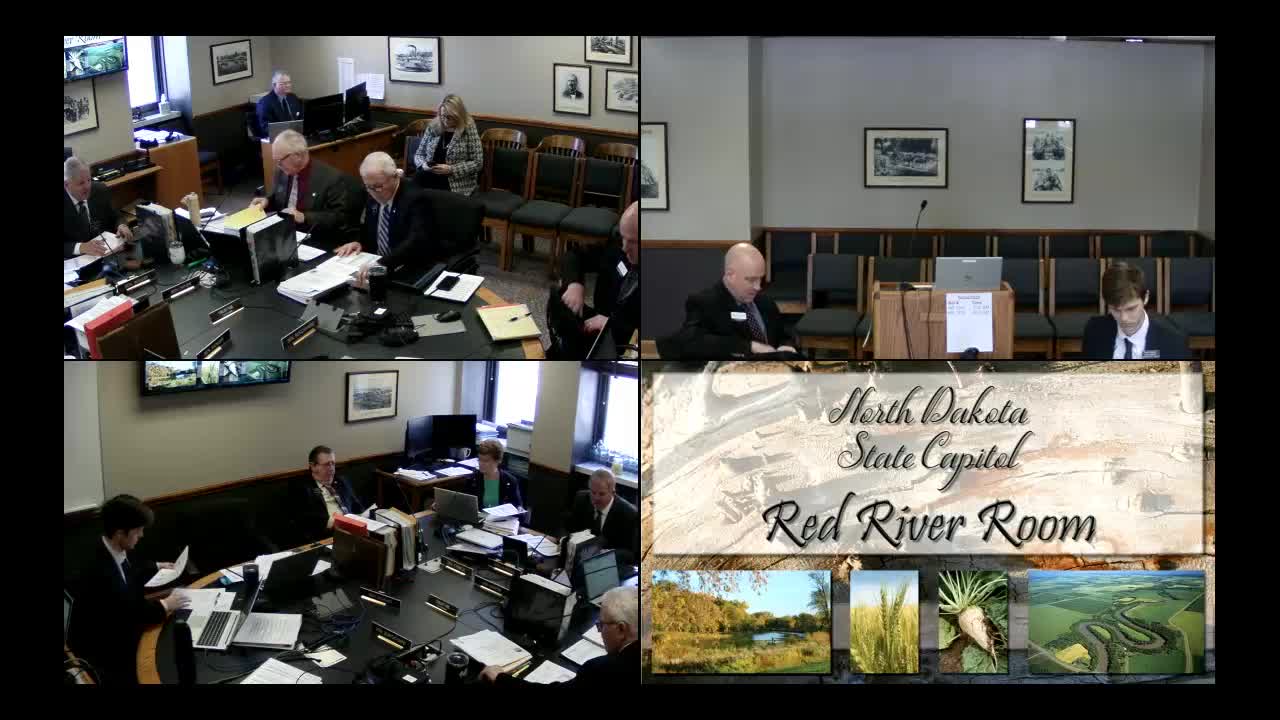
Committee approves agriculture budget amendments including new plant protection FTE and food‑pantry grants
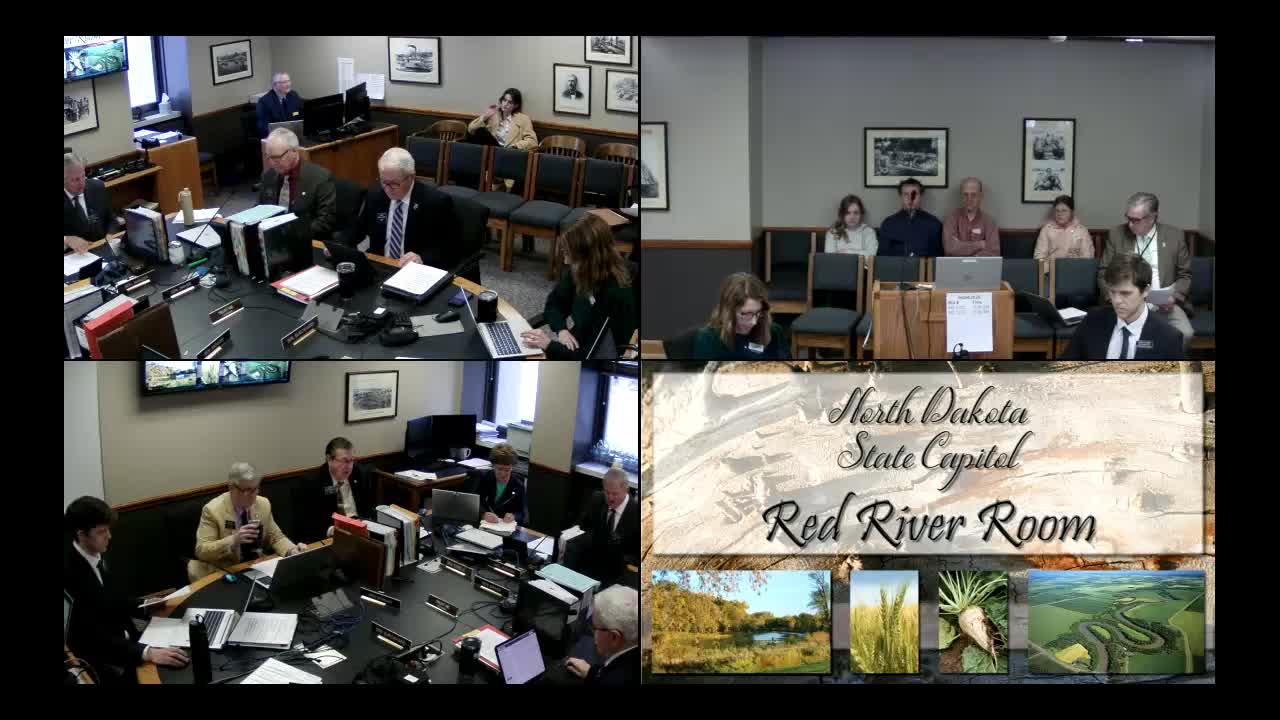
Bill to limit direct China holdings in legacy fund draws technical questions from investment office
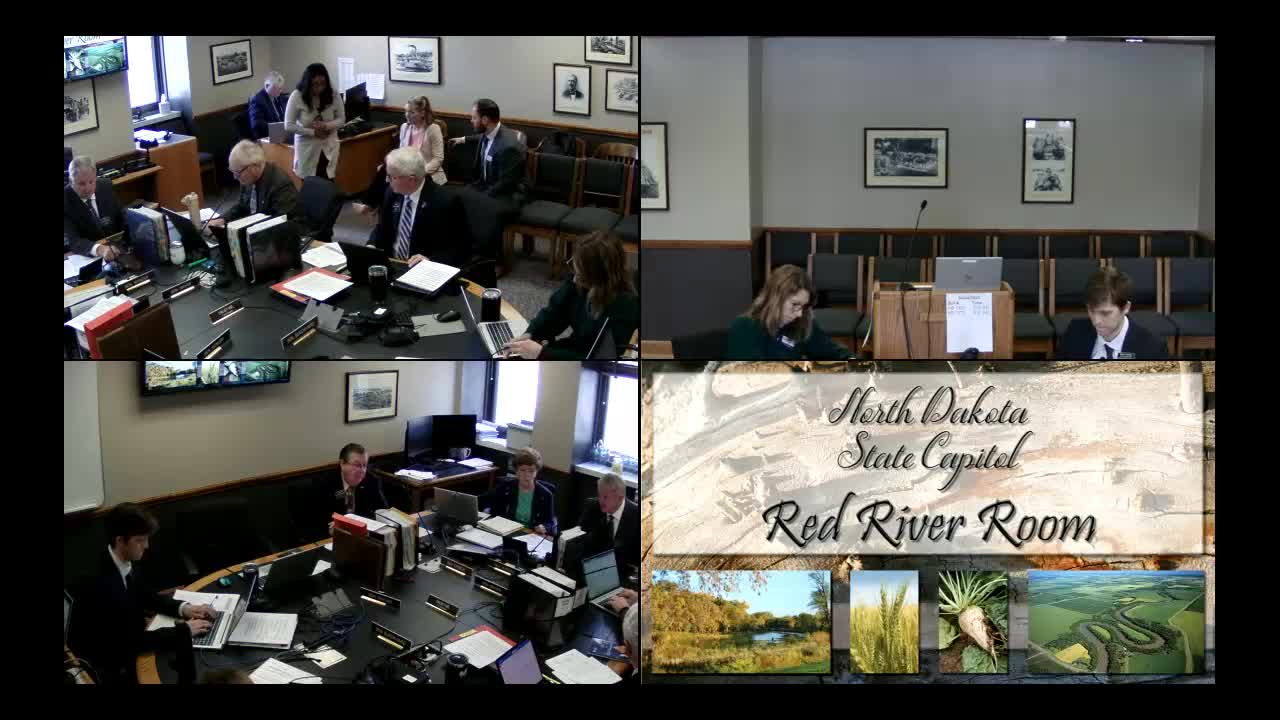
Panel directs legislative counsel to draft Commerce grant language for regional implementation program
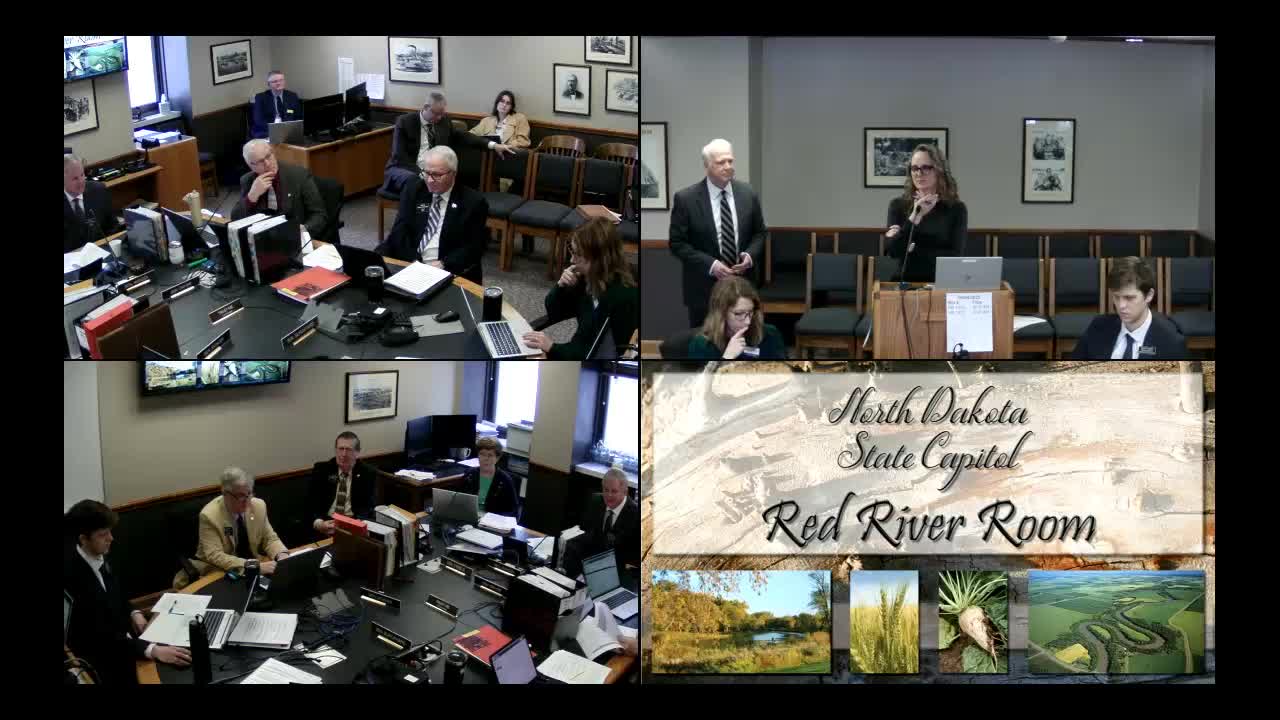
Committee hears testimony to extend coal conversion tax holiday to help lignite plants
